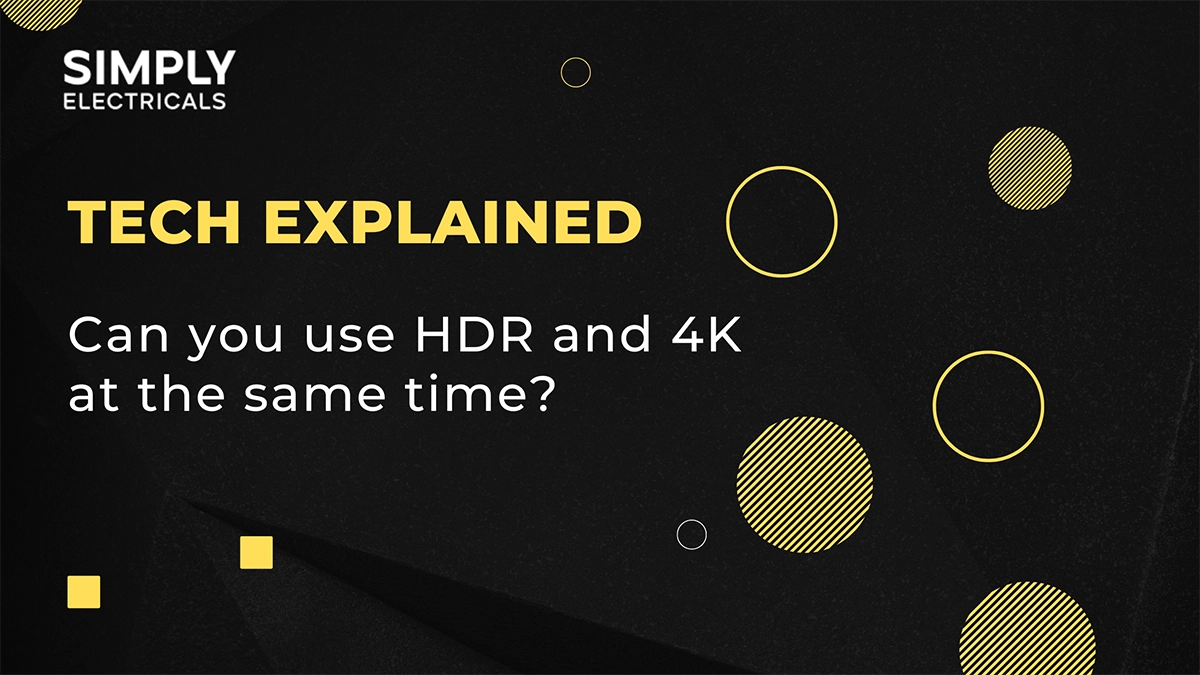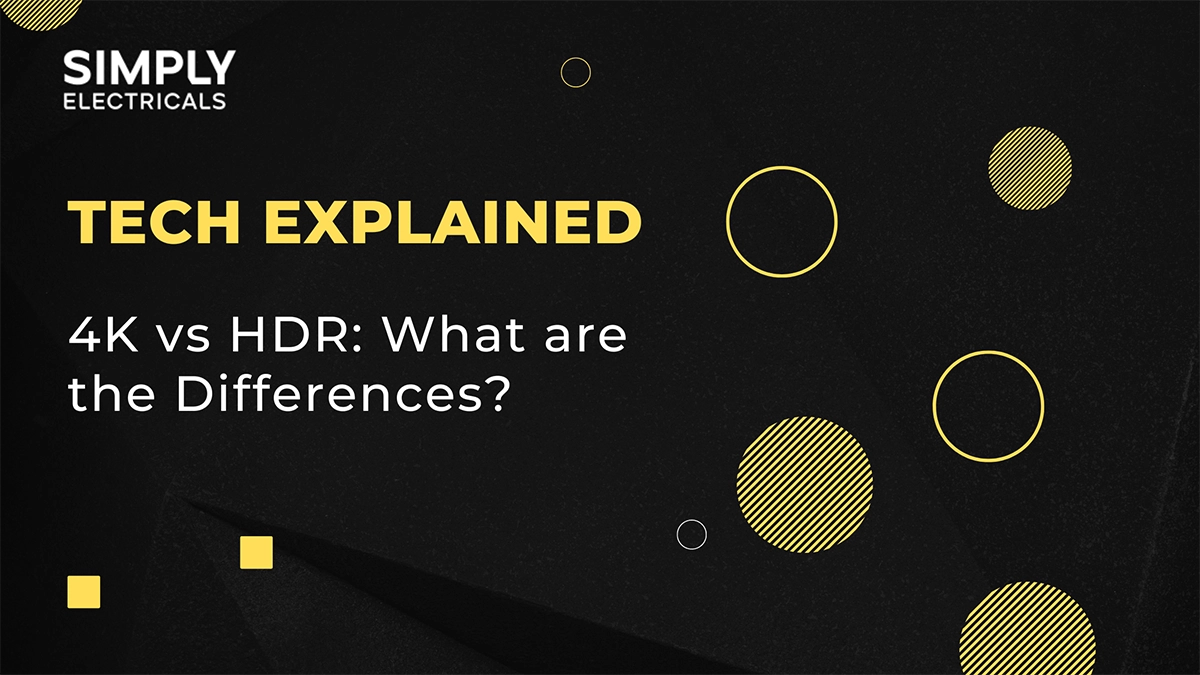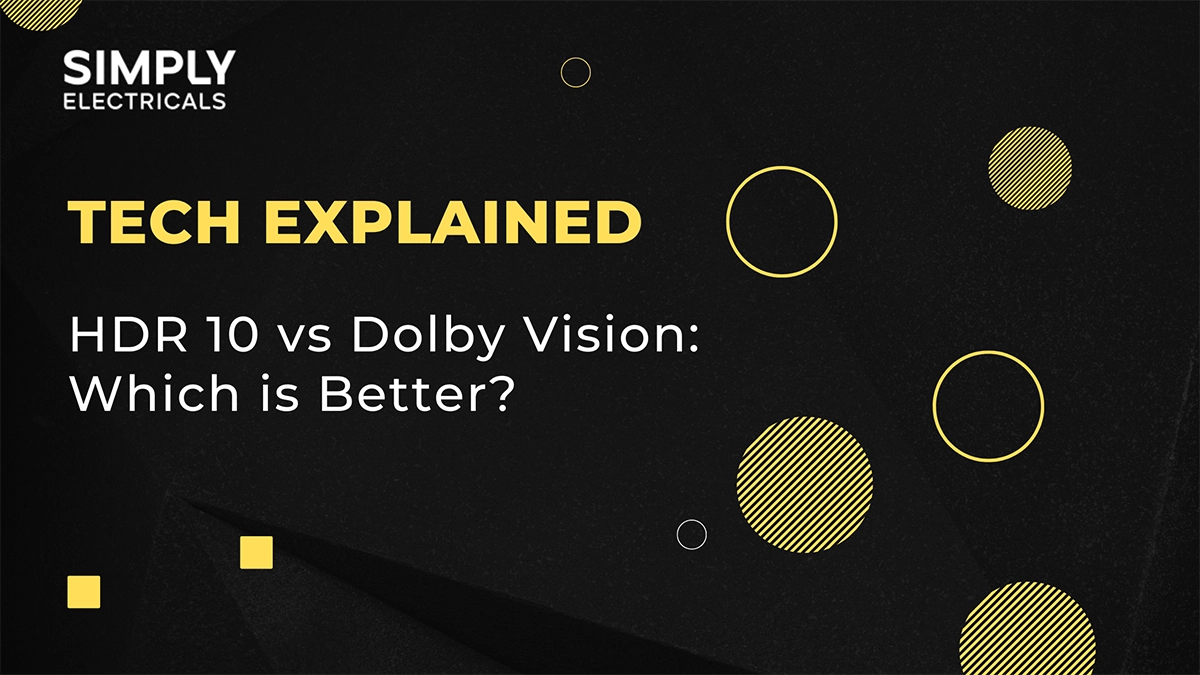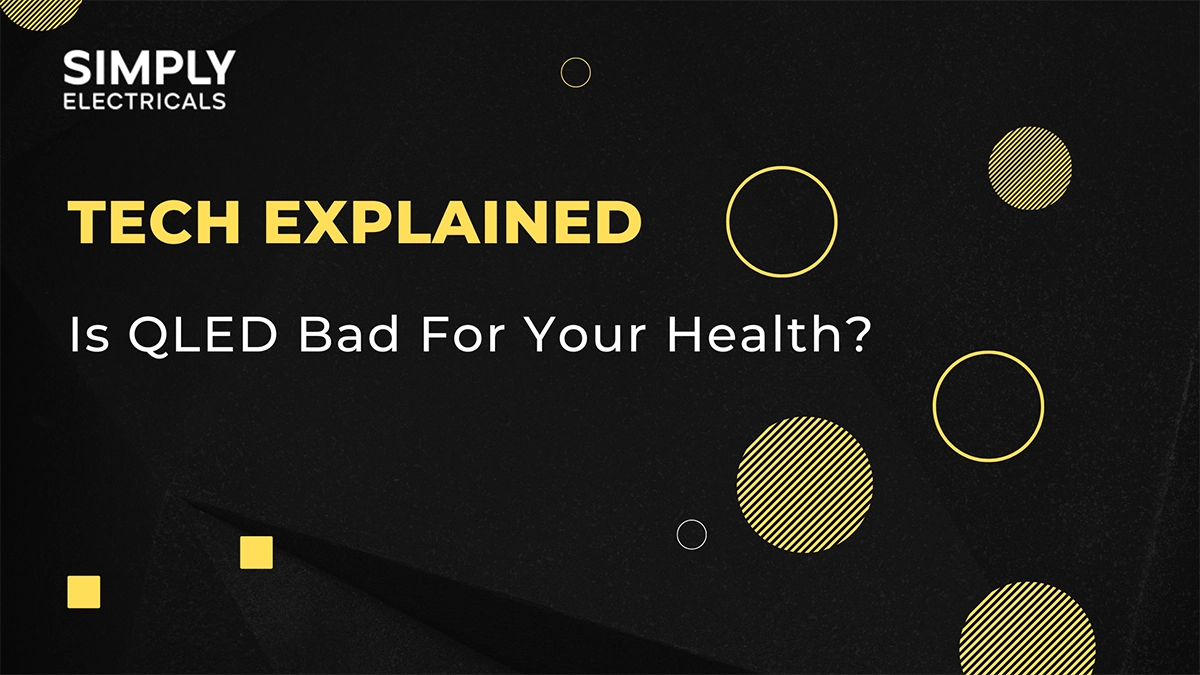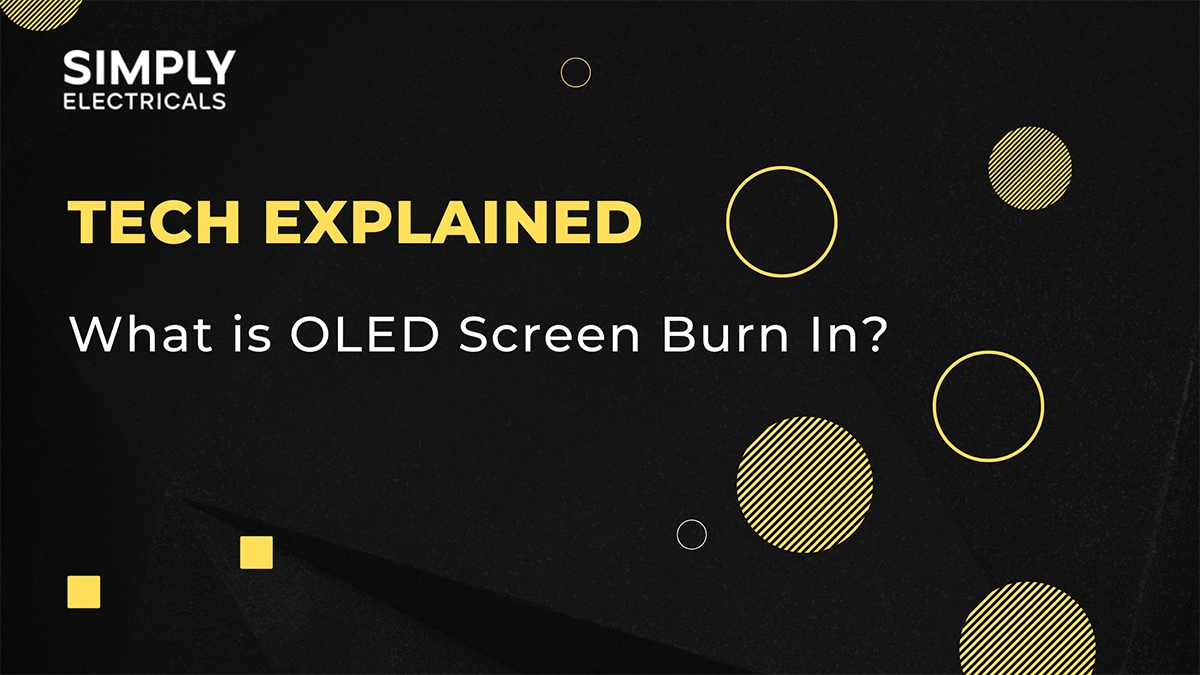If you own or have looked into buying a Samsung TV in recent years, you’ll more than likely be familiar with the term PQI (picture quality index). Now, there is something of a misconception when it comes to PQI in relation to how it equates to the Hz rating that other manufacturers use to rate the quality of their TV displays.
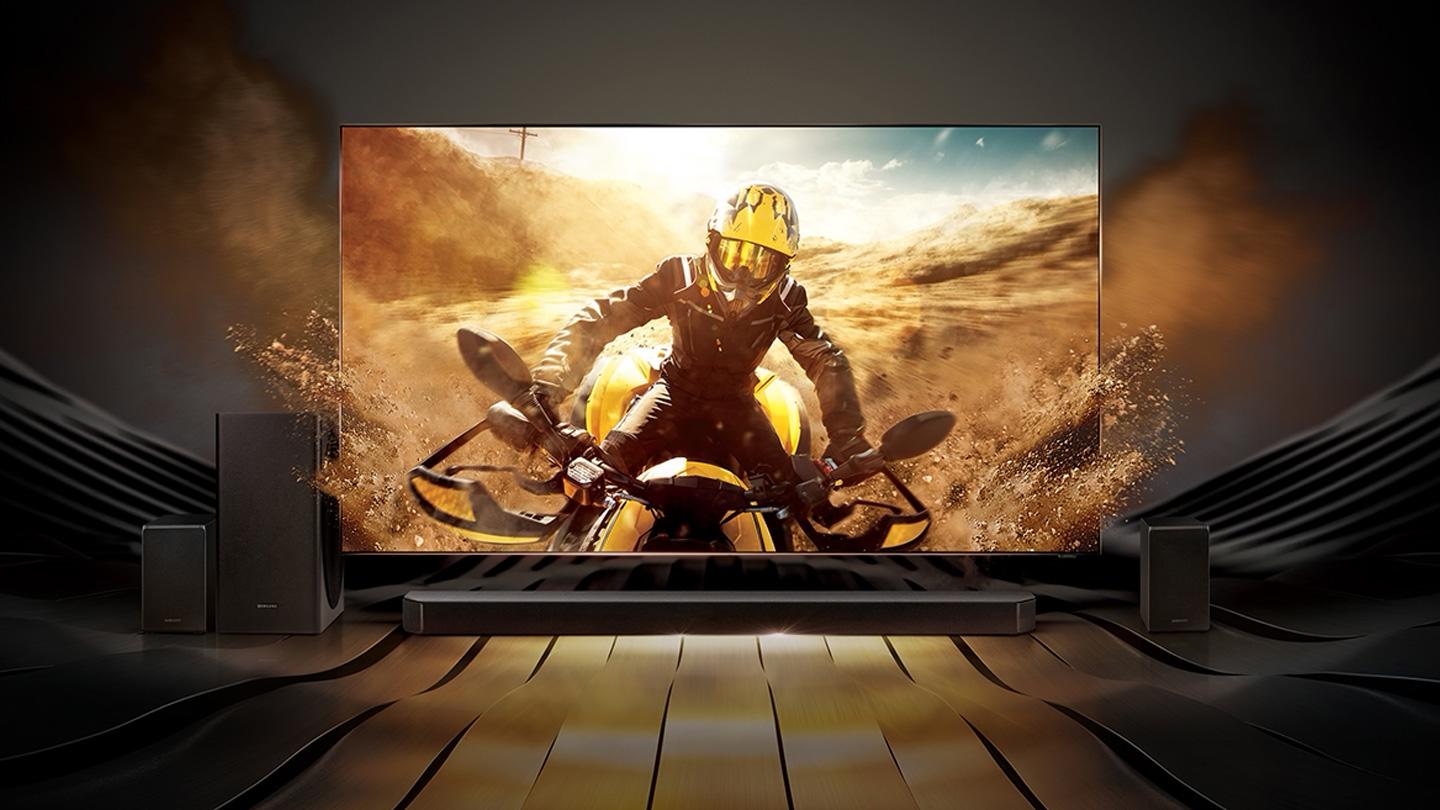
That’s exactly what we look at here, so that we can put to rest the idea that PQI and Hz run side by side, as in truth, whilst they both relate to picture quality, they can’t really be compared like for like. A Higher PQI, doesn’t necessarily equate to a high number of Hz.
When you’re buying a TV, you should pay attention to both the Hz and PQI specs you see, but you shouldn’t confuse one with the other. The PQI scale ranges from 900 to 4700 and Hz range from 60 up to 120 and while the upper end of one will likely give you the upper end of the other, their comparison doesn’t really bear scrutiny.
What we mean by that can be explained by the fact that if you were to do a direct PQI to Hz comparison, you would see that all Samsung TVs that had a PQI between 900 and 3300 are considered as being in the 60Hz range while a PQI of between 3400 and 4700 equates to 120Hz.
There is no easy way to convert PQI to Hz but the below table shows you what the relative equivalent is.
Pqi to Hz comparison table
| PQI | Hz |
| 900 – 3300 | 60 |
| 3400 – 4700 | 120 |
Not Comparing Apples With Apples
Essentially, the PQI scale includes a variety of factors that include Frames Per Second (FPS), noise reduction, colour, picture resolution and colour performance. Hz, on the other hand, only relates to FPS refresh rates, so you can’t really equate one to the other.
The only way you could do a direct comparison with Hz is to only look at the FPS performance of a TV, which is only one part of what makes up a PQI score. A higher PQI rating will naturally mean that the overall display specs of a TV will be higher, which might mean higher Hz, but that’s by no means guaranteed.
Helping Our Customers Make Wise Buying Decisions
So, as you can see, Hz and PQI ratings don’t really have that much to do with each other, so you shouldn’t automatically deduce that a higher PQI means a higher FPS rate, as often it doesn’t. They’re separate scales that describe different things and as such, shouldn’t be confused nearly as much as they are by the TV buying public.
At Simply Electricals, we offer great advice on all kinds of home entertainment tech and we offer that on a huge range of the latest TVs from the biggest manufacturers.
That’s something you can see by taking a browse through our easy-to-navigate website that categorises products by brand, technology type and more.
We’re keen to be of assistance if needed too, so if you have any questions about any of the products on our website or you just want some great advice, just fire us an email hello@simplyelectricals.co.uk and we’ll be glad to help.
Thanks for reading. Make sure you check out our other articles all around the latest tech.




